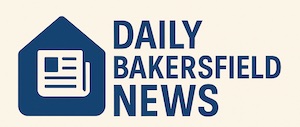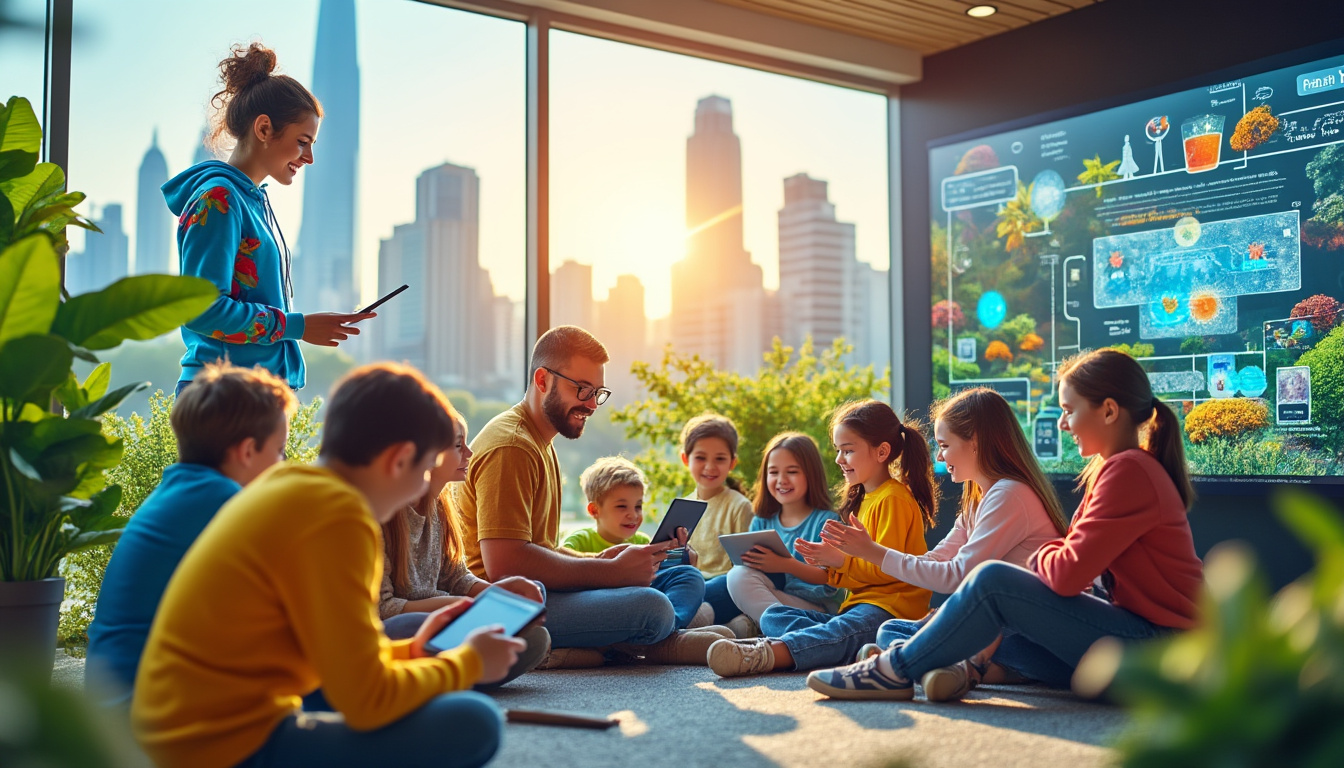Living in a Digital World shows how connectivity improves work, family and health—stories, tools and practical tips that reveal the bright side of living in a digital world.
The Bright Side of Living in a Digital World reframes common debates by documenting concrete gains: stronger family ties, flexible work, faster learning and better health management. Short case studies and expert voices illustrate how everyday tools from Google, Apple and Microsoft to Zoom and Slack shape routines. Practical links and resources round out each section to help readers adopt what works for them.
Living in a Digital World: Family Enrichment and Everyday Connection
The theme of Living in a Digital World often centers on relationships. A composite character, Lena — a product manager who splits time between Lisbon and New York — uses video calls to remain present for family milestones and daily rituals. These micro-connections turn distance into continuity.
How connectivity restores intimacy and presence
Tools such as Zoom and FaceTime on Apple devices let Lena celebrate birthdays in real time. Shared calendars and group chats reduce friction and create predictable touchpoints.
- Group messaging for daily updates (WhatsApp, Instagram DMs, Slack for hobby groups).
- Video calls for events that once required travel (Zoom, FaceTime, Google Meet).
- Shared media to document life: photos, short videos, voice notes (Instagram, Google Photos).
| Use Case | Common Tools | Practical Benefit |
|---|---|---|
| Keeping elders connected | FaceTime, Google Duo, simple tablets | Reduces loneliness, increases family involvement |
| Daily check-ins | Group chat apps, shared calendars | Creates routine and emotional safety |
| Sharing milestones | Instagram, Google Photos, cloud albums | Instant memory sharing across continents |
Concrete example: Lena’s parents in Porto use Google Photos shared albums; a single photo upload becomes a family ritual. This is part of the broader story of Living in a Digital World — technology enabling ongoing intimacy rather than only occasional visits.
Key insight: small, repeated digital touches create the same neural reward patterns as face-to-face moments, making Living in a Digital World a practical way to keep relationships resilient.
Living in a Digital World: Work, Learning and Productivity
Living in a Digital World transformed where and how work gets done. Remote collaboration, microlearning and platform-based tasking let professionals like Lena assemble global teams and schedule deep work across time zones.
From commute to distributed productivity
Companies now rely on an ecosystem: Microsoft Office 365 for documents, Slack for coordination, Zoom for meetings, and cloud platforms for project delivery. That ecosystem supports new careers and increases opportunity.
- Telecommuting: fewer commutes, more flexible schedules.
- Microcredentialing: online courses and certifications accelerate career pivots.
- Gig platforms: short-term teams assemble rapidly for specialized work.
| Platform | Typical Role | Result |
|---|---|---|
| Microsoft Teams | Enterprise collaboration | Integrated comms and document sharing |
| Slack | Cross-functional coordination | Faster problem solving, less email |
| Upwork / Gig platforms | Specialized contractors | On-demand expertise without long-term hiring |
Case study: a small NGO used Zoom and Slack to run a global workshop for volunteers, saving travel costs and expanding participation. This practical shift is a hallmark of Living in a Digital World, where geography no longer limits contribution.
Key insight: when managed with clear norms, the structures of Living in a Digital World boost productivity and broaden access to career opportunities.
Living in a Digital World: Health, Safety and Community Support
Living in a Digital World extends beyond convenience: it provides tools for chronic care, emergency response and community resilience. Wearables, telehealth and online support groups convert data and human empathy into actionable care.
Digital health and safety in daily life
Devices like Fitbit and telemedicine platforms link patients to clinicians. Online communities provide emotional support and specialized knowledge that can be lifesaving.
- Wearables: continuous metrics for fitness and chronic conditions.
- Telehealth: remote consultations reduce delays in care.
- Peer communities: condition-specific forums that share experience and resources.
| Tool | Primary Benefit | Real-world Use |
|---|---|---|
| Fitbit / Apple Watch | Activity & sleep tracking | Motivation, fall detection, heart-rate alerts |
| Telemedicine apps | Remote diagnosis & prescriptions | Reduced travel, faster specialist access |
| Online support groups | Shared knowledge & emotional aid | Peer-driven coping strategies |
Example: a caregiver coordinates medication reminders and tele-visits via a mobile portal, then uses Amazon deliveries for supplies and Netflix for restorative downtime. These routines show how Living in a Digital World reduces friction in care and improves quality of life.
- Learn more about reducing waste and practical household tips in gardening and food management at resources such as Reduce food waste at home.
- Practical home strategies that free time for health appear in guides like Home renovation strategies.
- For cooking and family meals that support wellness, see recipes at Southern delicacies and budgeting tips at Kitchen sacrifices and grocery costs.
- Urban gardening and container tips to boost food security: Container gardening strategies and Vegetable garden guide.
Key insight: integrating wearables, telehealth and logistics platforms into daily life is a concrete expression of the bright side of Living in a Digital World: better monitoring, faster help, and stronger community ties.
Practical Tools, Platforms and Cultural Notes for Living in a Digital World
Adopting a healthy digital life means selecting tools and setting boundaries. Popular platforms — Google, Apple, Microsoft, Instagram, Spotify, Zoom, Slack, Fitbit, Amazon, Netflix — appear in daily routines, but their value depends on intentional use.
Practical checklist for healthy adoption
Follow a short checklist to convert tools into benefits rather than distractions. The checklist below is inspired by patterns observed in families and organizations adapting well to digital life.
- Set predictable windows for synchronous connection (family dinner call, weekend check-ins).
- Use automation for mundane tasks (grocery lists, bill payments via Amazon or bank apps).
- Schedule device-free rituals to preserve face-to-face moments.
- Leverage learning platforms for skill upgrades and microcredentials.
| Action | Tool Example | Expected Outcome |
|---|---|---|
| Automate shopping | Amazon subscriptions, grocery apps | Frees time for relationships |
| Track health | Fitbit, Apple Health | Better preventive care |
| Curate feeds | Instagram lists, curated podcasts on Spotify | Reduced information overload |
Insight: intentional rules transform the same platforms that distract into tools that amplify well-being. That is the operative promise of Living in a Digital World.
Resources and local engagement
For readers who want hands-on community experiences, local events and garden resources help ground digital advantages in everyday life.
- Attend regional shows such as the Hilliard Home & Garden Show for practical skills.
- Explore advice on thriving urban gardens at Insights: thriving garden.
- Seasonal meal planning and chef perspectives appear at Month: Green Chef perspective.
- For safe home events and hospitality, review guidance like Safe grilling and gatherings.
Key insight: combining digital convenience with local, hands-on learning multiplies resilience and satisfaction in daily life.
Questions about Living in a Digital World
How can families maintain privacy while staying connected?
Use platform privacy settings, minimize public sharing, and select private group tools for sensitive conversations. Teach family members about account security and enable two-factor authentication on major accounts such as Google and Apple.
What tools best support remote work without burnout?
Clear norms around meeting hours, use of asynchronous tools (shared documents, Slack updates), and deliberate “no meeting” blocks preserve focus. Balance Zoom use with written updates to reduce video fatigue.
Are wearables and telehealth reliable for long-term care?
Wearables provide useful metrics but should complement, not replace, clinical oversight. Telehealth expands access; ensure providers use secure platforms and maintain integrated records for continuity.
How does one avoid information overload in a digital life?
Curate feeds, schedule specific times for news and social apps, and use tools such as curated playlists (Spotify) or saved articles to control intake. Intentional filters make Living in a Digital World sustainable.
What local steps help translate digital gains into everyday resilience?
Engage with community events, gardening groups, and local education programs to apply digital skills in physical spaces. Combining online learning with in-person practice creates durable benefits.

